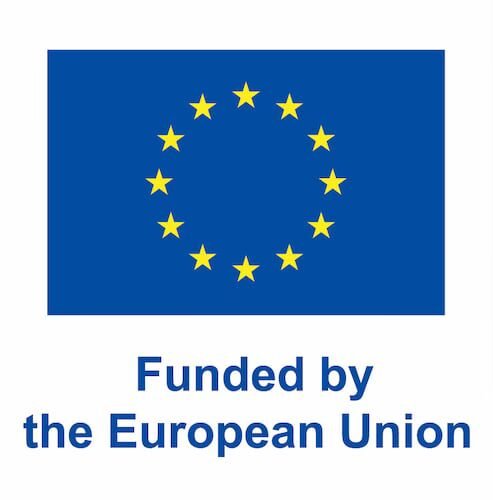TheoFem: Lay Women as International Experts and Theologians avant-la-lettre. Legacies and Entangled Histories (1945-1962)
Led by Natalia Nuñez Bargueño (KU Leuven), TheoFem: Lay Women as International Experts and Theologians avant-la-lettre. Legacies and Entangled Histories (1945-1962) is a EU funded MSCA project.
The project’s main objective is to highlight the vital contributions of European Catholic laywomen as international agents, thinkers, and theologians avant-la-lettre from the end of World War II up to the Second Vatican Council (1945–1962).
Although several studies have focused on lay (and religious) women during and after the Council, their pioneering roles as intellectuals and international experts in the pre-conciliar years have received significantly less attention. The history of this period has largely been written from national, secular, and predominantly masculine perspectives.
A key aspect of this period was the Church’s effort to expand the ranks of lay International Catholic Organizations (ICOs). Through their involvement in shaping pastoral strategies, international policies, and agenda-setting, laywomen in leadership positions became experts, travelled widely, and gradually embraced «female» forms of agency as a path into male-dominated spheres such as theology, international relations, and advocacy.
By focusing on the entangled histories of Belgium and Spain (considered within the broader Spanish- and French-speaking Catholic worlds), and by adopting an interdisciplinary approach (including political and social sciences, visual and intellectual culture, theology, and anthropology) and a gender perspective, the project aims to:
TheoFem seeks to include women and religion in current post-World-War II, Cold War and Decolonisation historiographical debates. By a variety of outreach activities (workshops, exhibition… etc) the project will also contribute to reshaping public perceptions of women in leadership roles and to promoting gender equality and more reflective European societies.


Funded by the European Union.
Views and opinions expressed are however those of the author(s) only and do not necessarily reflect those of the European Union or the European Research Executive Agency (REA). Neither the European Union nor the granting authority can be held responsible for them. Grant Agreement: 101108049
